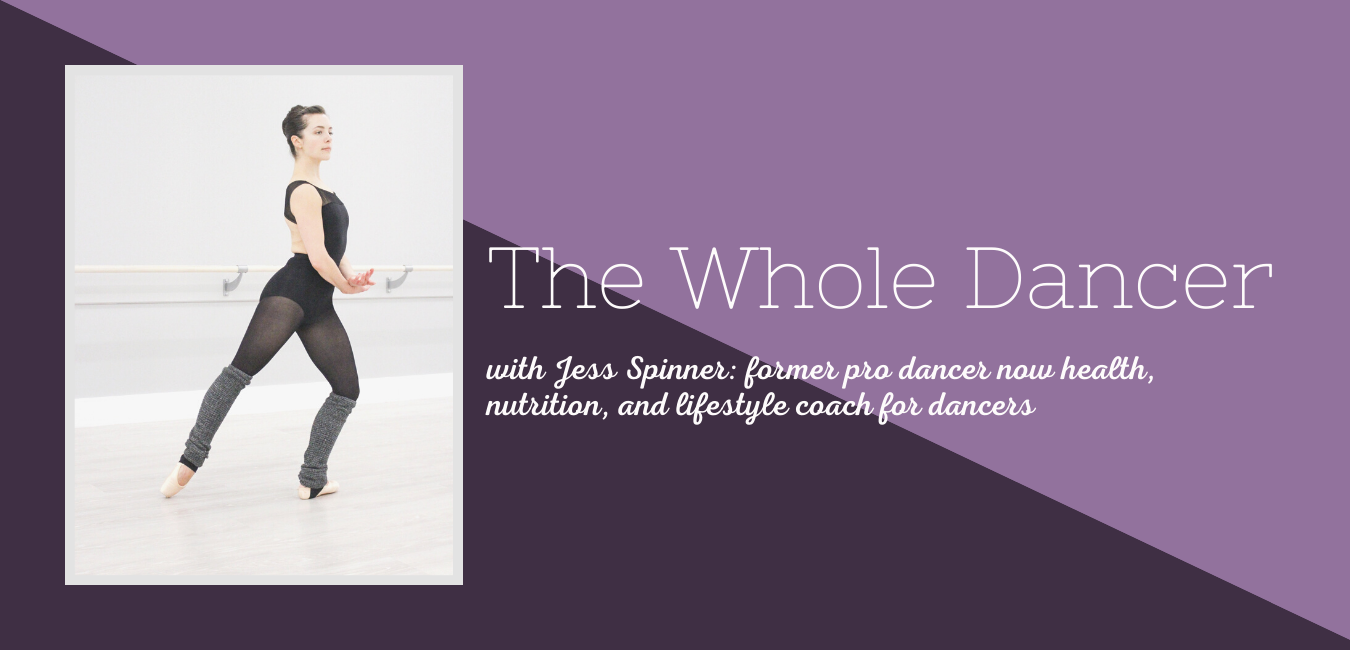Jess Spinner (JS): What’s your background in dance?
Dawn Smith-Theodor (DS-T) :
My mom had a dancing school in Ohio so I danced before I was born. I moved to New York and danced for Henry Letang who at the time was doing a bunch of broadway shows. And then I ended up going to Japan and performing at The Mikado Theater, I’ve danced at Carnegie Hall, and at the Sydney Olympics. After dancing professionally I opened my dance school in Los Angeles and ran it for 25 years. I still do a master class series around the country with a friend of mine.
JS : What inspired you to start working with dancers with eating disorders?
DS-T:
I started working at a treatment center for eating disorders as an intern through my Masters Program. I had actually wanted to work with AIDS patients because my partner died of AIDS and it was very new. But I ended up working at this eating disorder treatment center.
I had an eating disorder as a teen into my twenties and nobody knew what eating disorders were or how to treat them. I was finishing my own treatment myself. I went through years of therapy but I had never really been with other people working through eating disorders.
I led a group where I used to dance with the clients and everyone had a different reaction. There would be a group after where we’d talk about how to be with the mirror.
When I decided to write my book, there was really nothing out there on dancers with eating disorders, so I felt like it was a much needed area. I do a lot of speaking – at Steps (on Broadway), Dance Theatre of Harlem, Boston Conservatory, Hollywood Connection. I try to get the word out as much as possible to educate parents, teachers, and then dancers.
JS : What made you want to write the book?
DS-T:
Because there was really nothing out there. I wanted to share my knowledge. It was written for kids 12-22 and there’s a section for the parents. From the dance perspective I wanted to share my knowledge. I’m recovered from an eating disorder, I’m a dancer, I’ve owned a dance studio, I’m a therapist who treats eating disorders so I felt like I had it covered from all perspectives.
JS : What would you say to people who try to say there isn’t a great prevalence of eating disorders in dance?
DS-T:
It’s simple not true. One out of every 5 dancers has an eating disorder whereas one out of every 100 people has an eating disorder. My information has not always been welcomed in the dance community. Some dance conventions and competitions aren’t open to it. It’s very sad, the dance world doesn’t really want to view it as a problem.
JS : What advice do you give to parents?
DS-T:
I ask parents to let the student enjoy dance for what it is and not be a stage parent. And also to be aware of the warning signs for eating disorders so they aren’t just thinking that, oh my daughter looks better in a tutu. I’ve had situations like that where in treating dancers, the parents weren’t really aware that something was said to their daughter like, you would look so much better if you lost a few pounds and then the girl went on a serious diet.

People see that as, oh she’s so determined but you have to know where the line is where it’s problematic. I always tell parents, if you have a concern, be curious and empathetic. Ask questions but from a perspective of I’ve noticed this or I’m concerned because I saw this, is everything OK, because you’re going to get a lot farther that way.
JS : And what about for dance teachers, what do you tell them as far as approaching food and dancer health?
DS-T:
I tell dance teachers, don’t talk about food and weight! Don’t weigh your students or put a focus on the size of the body because some kids aren’t going to be professional dancers. I also think in the dance world, there’s a place for everybody if they want to dance and not to discourage kids.
I had 2, 10 year old students who went off to ABT’s young students program. One had the “perfect body” but was less advanced and she was put in a higher level than the more advanced student. My more advanced student came back and said I don’t think I’m going to make it in the ballet world because I don’t think I have the right body.
So, I really think if a student has potential as far as talent – try to develop that and focus on that, not the size of their body.
JS : I think you’re so right that there’s a place to dance for those who want to.
I’ve seen it come up in different forums and there’s always the person who says, “These are the realities of the dance world and if you want to dance you have to look this way” but I’m very much in the same camp as you that it’s a matter of finding the place that accepts you as you are at your healthiest, not your thinnest.
DS-T:
Yea, instead of conforming to what they want or shaping yourself into something other people want. I’m such a believer in following your passion and being able to enjoy dance. The competition world has just turned dance into something it’s not supposed to be. It’s all about winning the trophy instead of enjoyment.
It’s raised the bar really high but is it an art form or is it just like gymnastics and scoring points?
JS : What do you tell dancers?
DS-T:
To balance their life. You have to have a life outside of dance. You can love dance but you also need to have friends and other interests because it’s going to make you a healthier dancer all around. To be able to go to the movies or take your dog for a walk and leave the dance studio and practice behind.
In my book I also talk about balance as a professional dancer and being on tour and being able to do other things besides dance it’s really important.
JS: I think we’re very aligned – it’s so important to have many voices echoing these messages.
DS-T:
It’s so important and I feel like dancers need as many resources as possible. I feel so blessed to have been in the dance world my whole life and to continue to work in the dance field. Not only teaching but spreading the word on being a healthy dancer and that it is possible. Recovery from an eating disorder is also completely possible – I’m living proof.
I work with dancers every day and I want to hold the light.
Dawn Smith-Theodore, LMFT is a specialist in the treatment of eating disorders. Dawn has a private practice in Agoura Hills and Westwood, CA. For more about Dawn, CLICK HERE and to purchase her book Tutu Thin, A Guide to Dancing without an Eating Disorder, CLICK HERE.

Pingback:Avoiding Extremes in Healthy Eating - The Whole Dancer